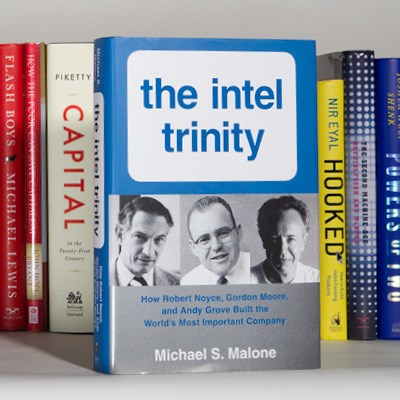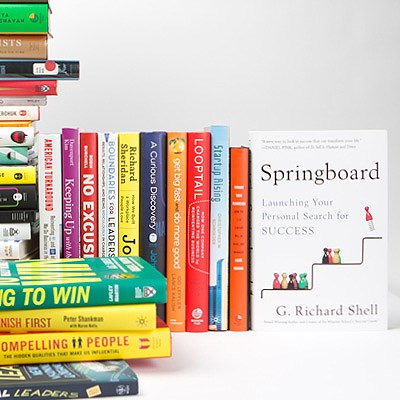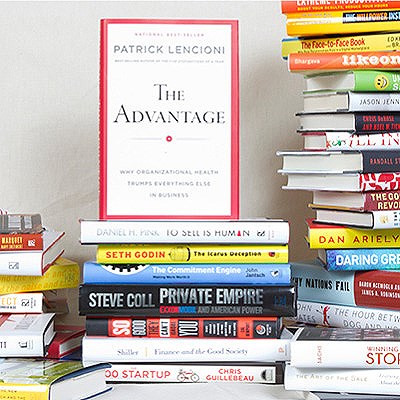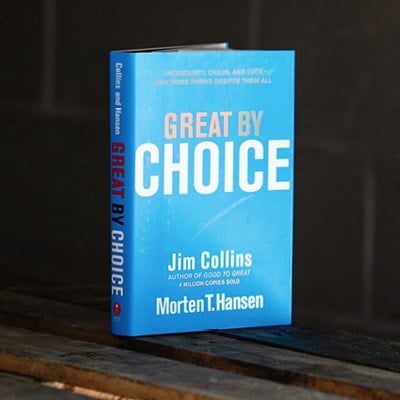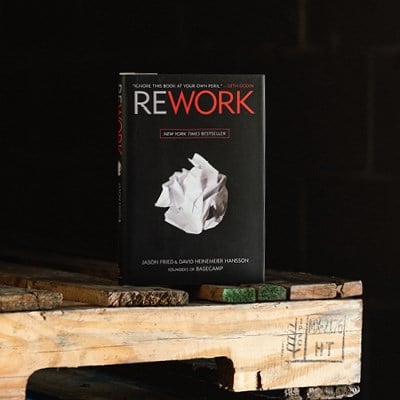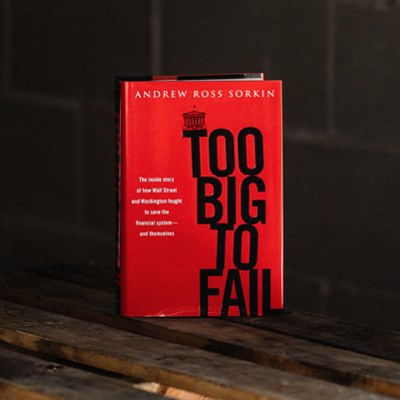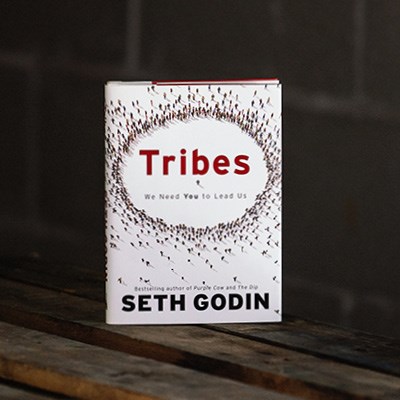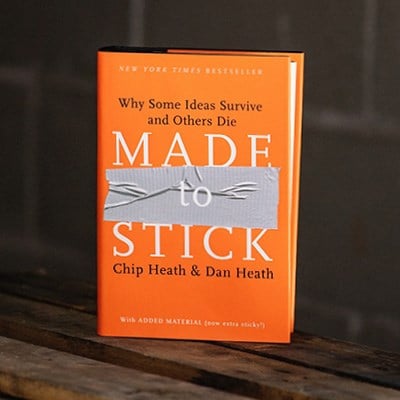The 2018 Business Book Awards

Business Book of the Year
Winners Take All: The Elite Charade of Changing the World by Anand Giridharadas | Alfred A. Knopf
Helping businesses do better by their customers and communities—even the world—is unquestionably a good goal and one that many business books have aimed for over the years. A narrative has formed, however, that business is the best force for doing good and making a positive change in the world. Anand Giridharadas dispels this myth in Winners Take All, explaining how the philanthropic endeavors of powerful, private industry interests end up perpetuating the very social ills they are attempting to alleviate.
As Ayanna Pressley stated in her campaign for Congress in Massachusetts last year, “The people closest to the pain should be closest to the power.” Right now, they aren’t even in the room when their future is being discussed, let alone at the table where decisions are made. That disconnect needs to be addressed and corrected, and—while many of the best books of 2018 grapple tangentially with that reality—Winners Take All does so directly and unapologetically, taking many of the truisms of our industry to task along the way. Businesses can’t solve all social ills, but with the eye-opening perspective offered by Giridharadas, they are less likely to be the cause of them.

Category Winner
Leadership & Strategy
Dare to Lead: Brave Work. Tough Conversations. Whole Hearts. by Brene Brown
In Dare to Lead, Brené Brown first issues a nonnegotiable: in a culture that often misidentifies omniscience and imperviousness as essential leadership qualities, brave leaders must instead get comfortable with vulnerability. That may seem like an oxymoron, but Brown defines vulnerability as “the courage to show up when you can’t predict or control the outcome” and then offers her quintessential straight-talk and research-based strategies to guide us through a rigorous yet clarifying self-examination. What fears am I carrying that prevent me from taking risks or sharing ideas? In what ways do I practice Armored Leadership versus Daring Leadership in order to keep from connecting with others? What personal values do I identify as the lodestars by which I steer and communicate my decisions? Dare to Lead will break you open, if you let it, and by doing so, allow you to discover the courageous leader you are meant to be.
Leadership & Strategy | Runners Up

Category Winner
Management & Workplace Culture
That's What She Said: What Men Need to Know (and Women Need to Tell Them) About Working Together by Joanne Lipman | William Morrow
Hopefully, the day will come when “That’s what she said” is known less as sexual innuendo tossed around the workplace and becomes more common as the proper and immediate response of everyone in the room when a man attempts to take credit for a women’s idea in a meeting. The sooner we change that and the many other inequities in the workplace, the better it will be for women and men. Rather than fear and anxiety that our differences will lead to misunderstanding and conflict, we must learn to understand our differences and then use that diversity of perspective to make progress for everyone. The first step is awareness, which Joanne Lipman raises on a whole range of issues—from discrimination and harassment to unconscious biases ingrained in us from an early age—still embedded in the workplace.
Management & Strategy | Runners Up
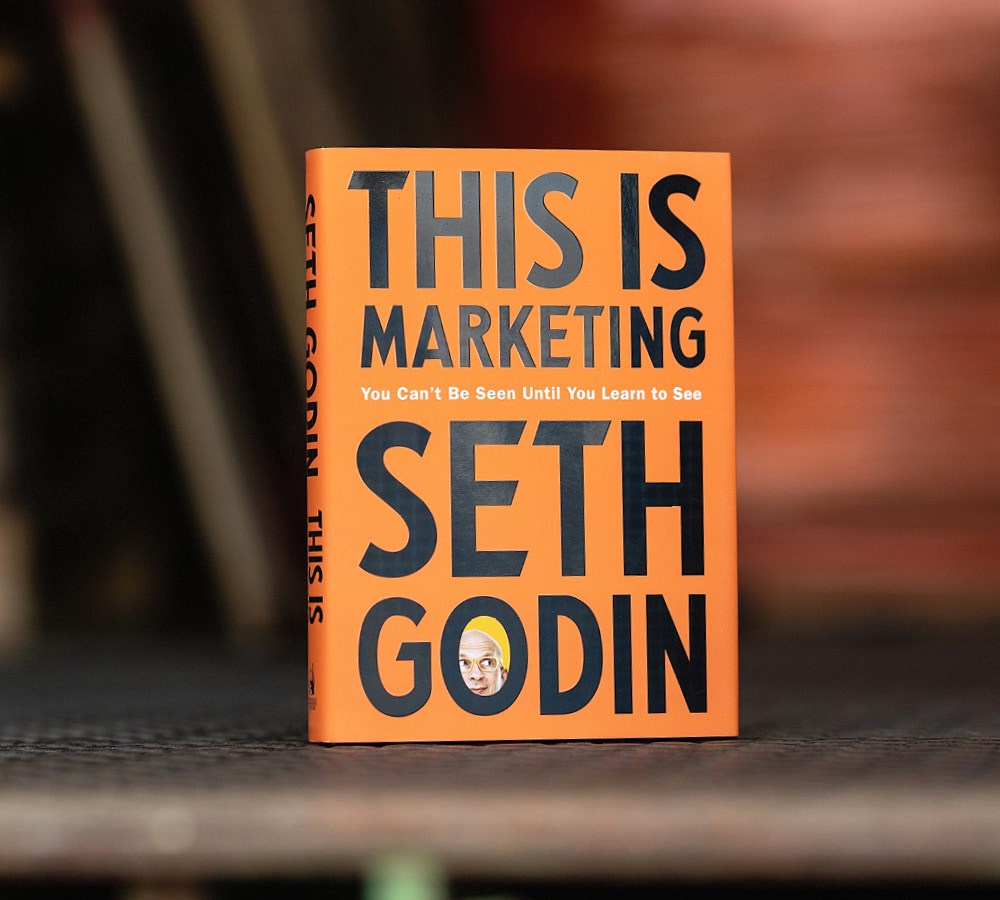
Category Winner
Marketing & Sales
This Is Marketing: You Can't Be Seen Until You Learn to See by Seth Godin | Portfolio
Marketing is how we reach our customers, but it can be used as a tool for change. “If you see a way to make things better,” Seth Godin writes in This Is Marketing, “you now have a marketing problem.” While marketing has sometimes been used to nefarious ends in the past, Godin advocates for aligning the change you want to see with your desires as a marketer. “Marketing is the act of making change happen.” And, when we strive to be “better,” our companies benefit—as does society as a whole. Seeking perfection can leave you inactive, but striving for better always leaves the door open to action and improvement. Every one of us is a marketer in some way, and each person will find value from this aspirational, yet eminently practical, book.
Marketing & Sales | Runners Up

Category Winner
Creativity & Innovation
Mismatch: How Inclusion Shapes Design by Kat Holmes | MIT Press
All through our lives, our abilities ebb and flow, wax and wane, whether we are young, old, disabled, or impaired due to accident or circumstance. Kat Holmes explains that by designing for the majority, or for the nonexistent “normal,” every single person will at some time in their lives be excluded, and by doing so, we limit “who can contribute their talents to society.” Her somber but hopeful question to that problem is: “If design is the source of exclusion, can it also be the remedy?” Mismatch is a critical blueprint for how designers and creators can work against long-held ability biases so often employed when planning and problem-solving and shows how to utilize inclusion design to make things better for everyone.

Category Winner
Personal Development & Human Behavior
So You Want to Talk about Race by Ijeoma Oluo | Seal Press
The way we are talking about race in America is changing in small and large ways. For those of you who want to join the conversation but don’t have an idea of where to start, Ijeoma Oluo’s primer on the structures and effects of systemic racism is the perfect entry point for your journey. Oluo expertly combines personal storytelling with historical context and immediately actionable steps to explore the complex topic of race in a straightforward, helpful, and compassionate way. Conversations about race are difficult and uncomfortable for all involved. We will get it wrong, but that’s okay. This book is here as your guide and your reminder to keep trying. As Oluo says, “Do not fear the opportunity to do better.” The road to systemic change is step by step, and it’s time for more of us to start walking. This book is a true gift—to our workplaces, our schools, our neighborhoods, and our country.
Personal Development & Human Behavior | Runners Up
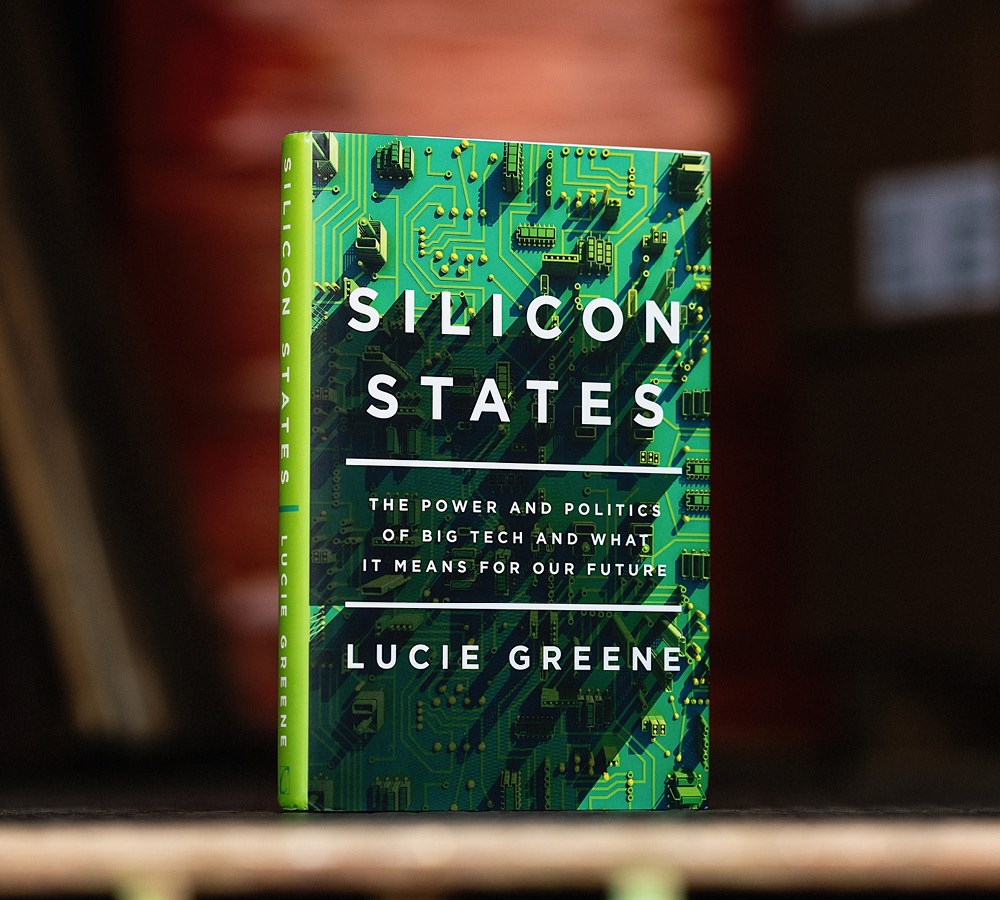
Category Winner
Current Events
Silicon States: The Power and Politics of Big Tech and What It Means for Our Future by Lucie Greene | Counterpoint
Silicon States examines how, in the time span that tech has come to dominate commerce and culture in this country, “there has been a fundamental power shift in society from the middle class to the uber-wealthy.” As they’ve built their wealth, tech companies and the moguls atop them have also largely avoided oversight, regulation, and taxes. And, as society has become more diverse, the tech world has become more exclusively white and male. This has led tech’s vision of the future to become, as Lucie Greene puts it, one “architected almost singularly by privileged white men.” As tech encroaches upon the civil services we all rely upon, with all the implications it has for our privacy, the press, and so much else in public life, Lucie Greene asks us to pause and consider if is this the future we want?
Current Events & Public Affairs | Runners Up
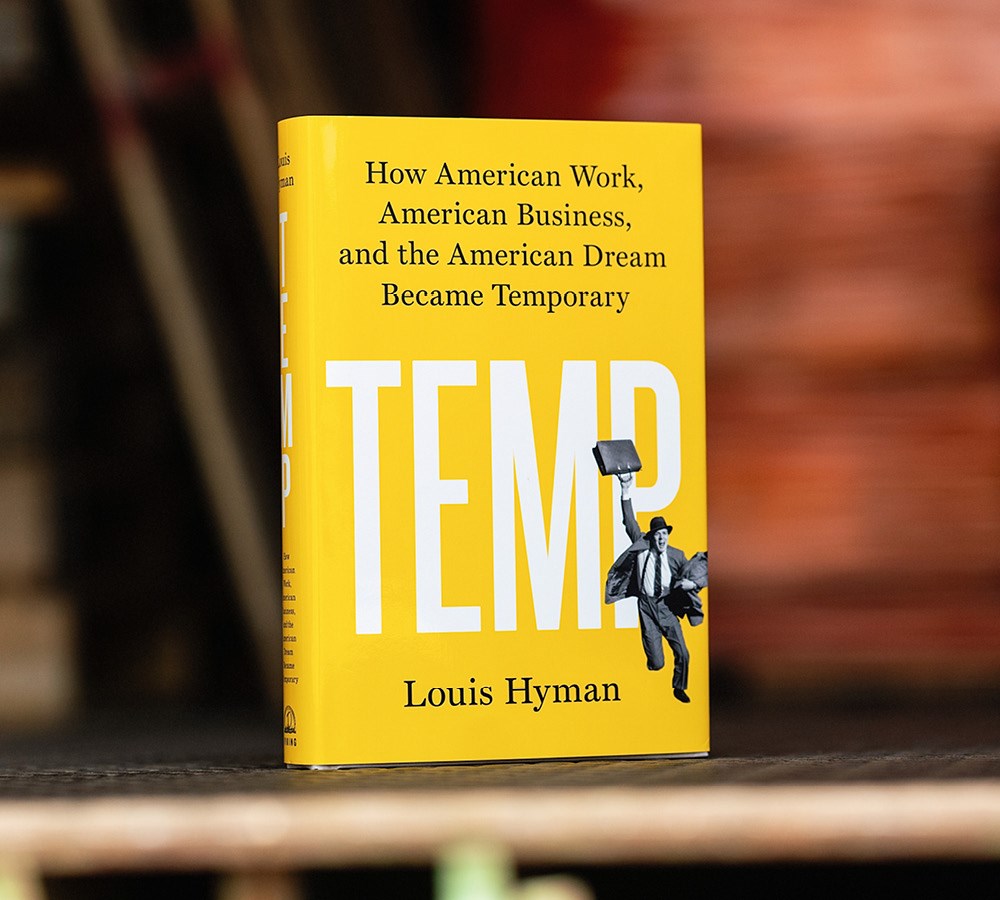
Category Winner
Narrative & Biography
Temp: How American Work, American Business, and the American Dream Became Temporary by Louis Hyman | Viking
In this deeply researched and timely examination of the transformation of work in America, Louis Hyman demonstrates through a sweeping historical survey that the rise of the “gig” economy was not due simply to the increasing power of Silicon Valley or a random convergence of events. Rather, it was by deliberately privileging the market and its experts and strategically rethinking the corporation as strictly a vehicle to make money that postwar assurances of workers’ security and protection were abandoned for the shareholder values of risk and flexibility. Through example after example, Temp shows us the results of this new catechism in the form of consolidation, cost-cutting, and wealth concentration. Interestingly, Hyman also offers a fresh argument for the ways in which work untethered to a punchclock and a boss could be the basis of a more inclusive, egalitarian, and fulfilling future for all.
Narrative & Biography | Runners Up

Category Winner
Big Ideas & New Perspectives
Winners Take All: The Elite Charade of Changing the World by Anand Giridharadas | Alfred A. Knopf
As a former McKinsey analyst, Aspen Institute Fellow, and TED Talk speaker, Anand Giridharadas uses his insider status to draw back the curtain on the “entrepreneurship-as-humanitarianism” approach to changing the world. During this time of unprecedented inequality, he challenges the viewpoint that one can address societal ills while preserving the system that brought them about. If philanthropists really want to address poverty, why do the businesses that made their foundations’ fortunes fight against workers’ rights? If CEOs advocate for stable democracies overseas, why do they avoid the taxes that would strengthen our government at home? If entrepreneurs bill themselves as the ultimate “changemakers” in our society, why do they claim that fundamental change in our public institutions is impossible? It is a clarion call to challenge the current power structures to re-engage in the habit of democracy.
































